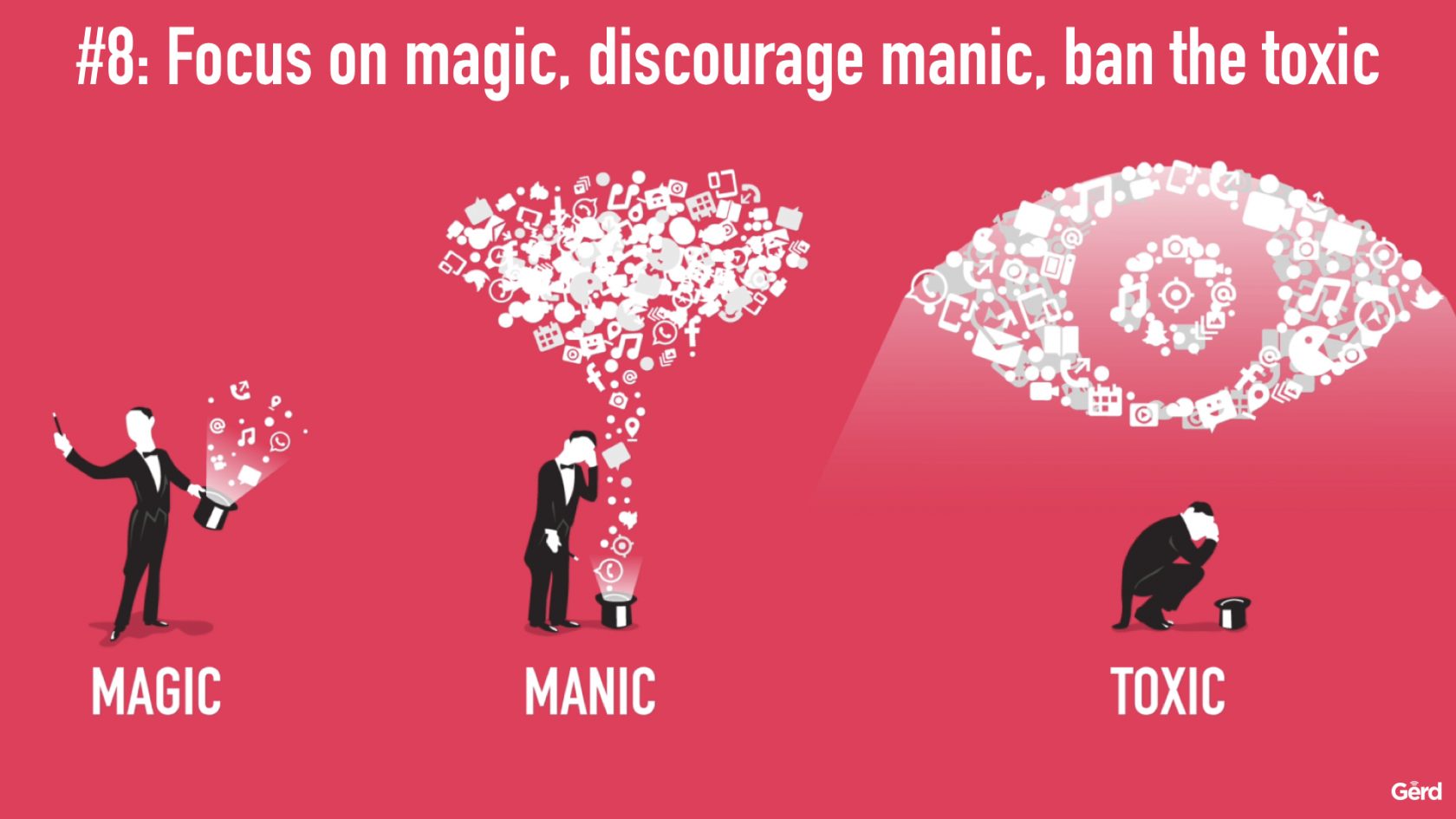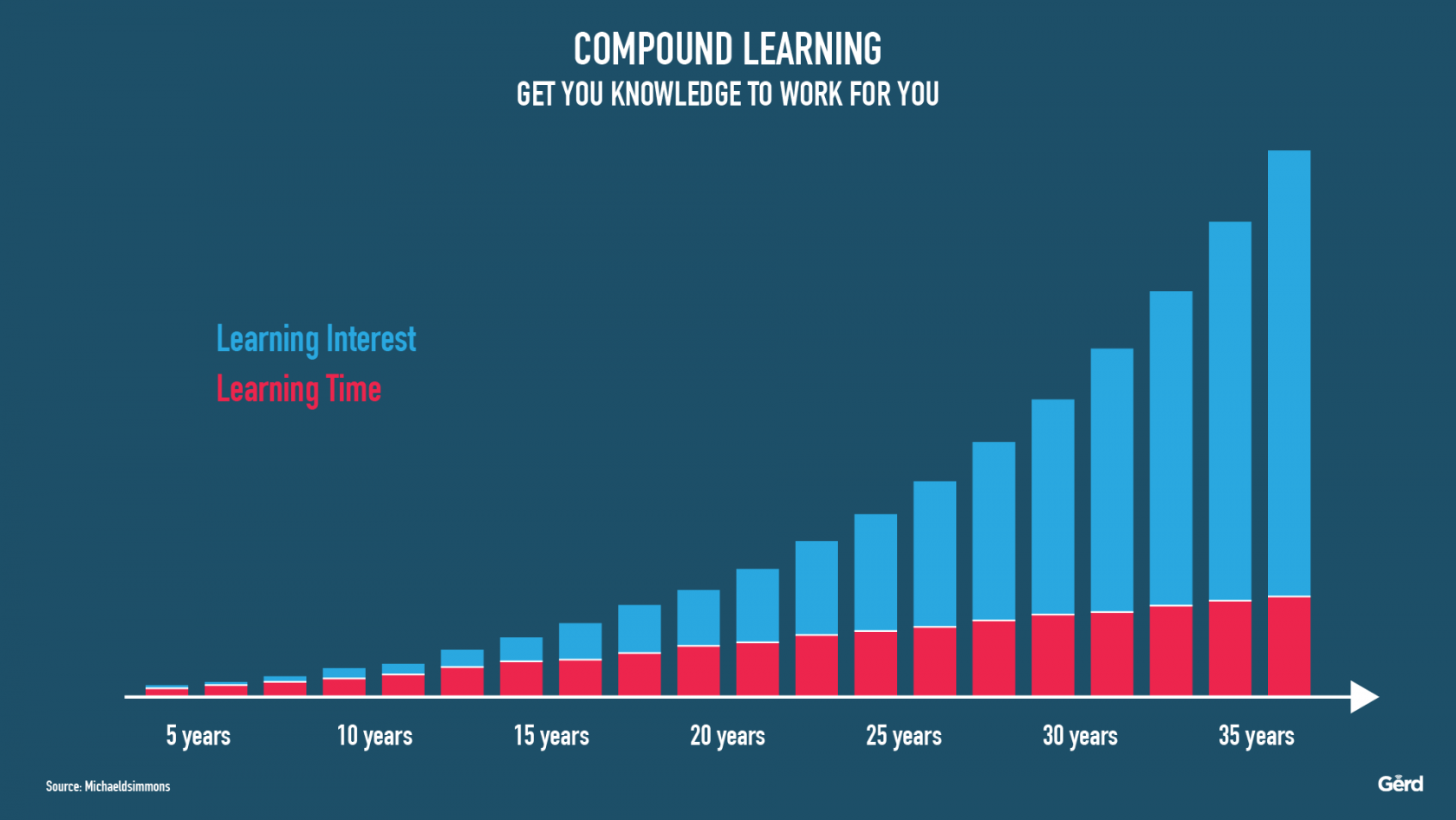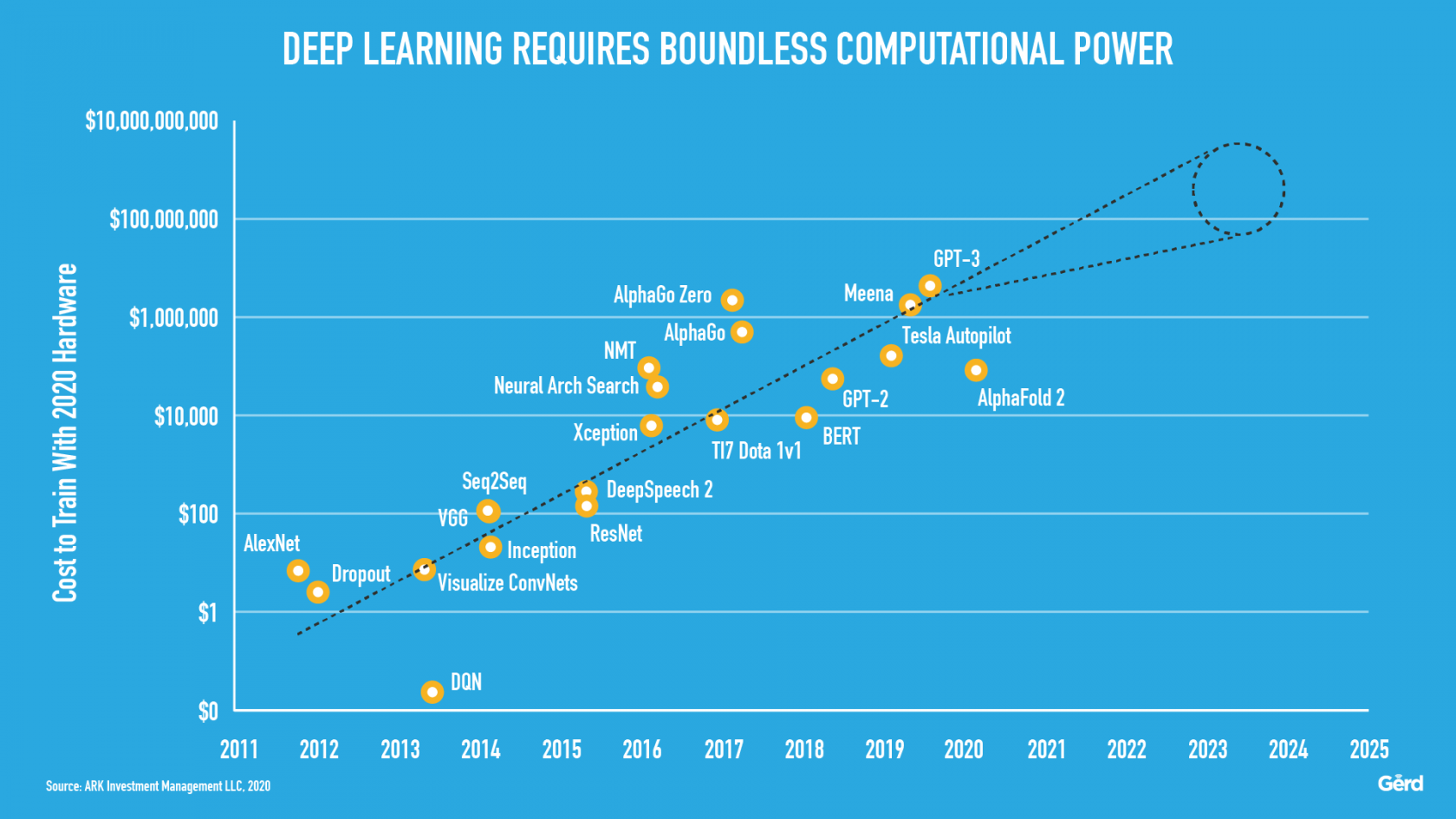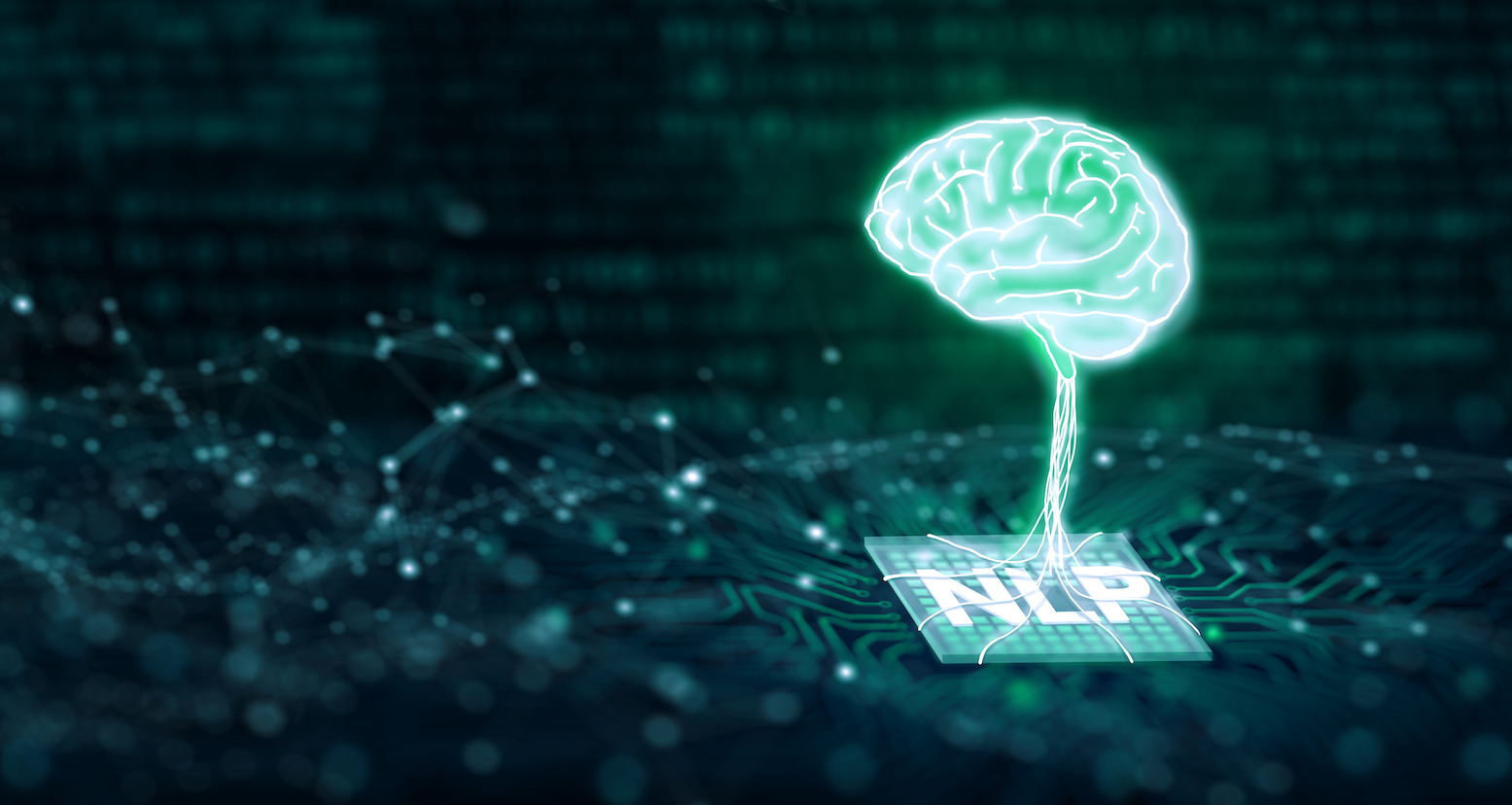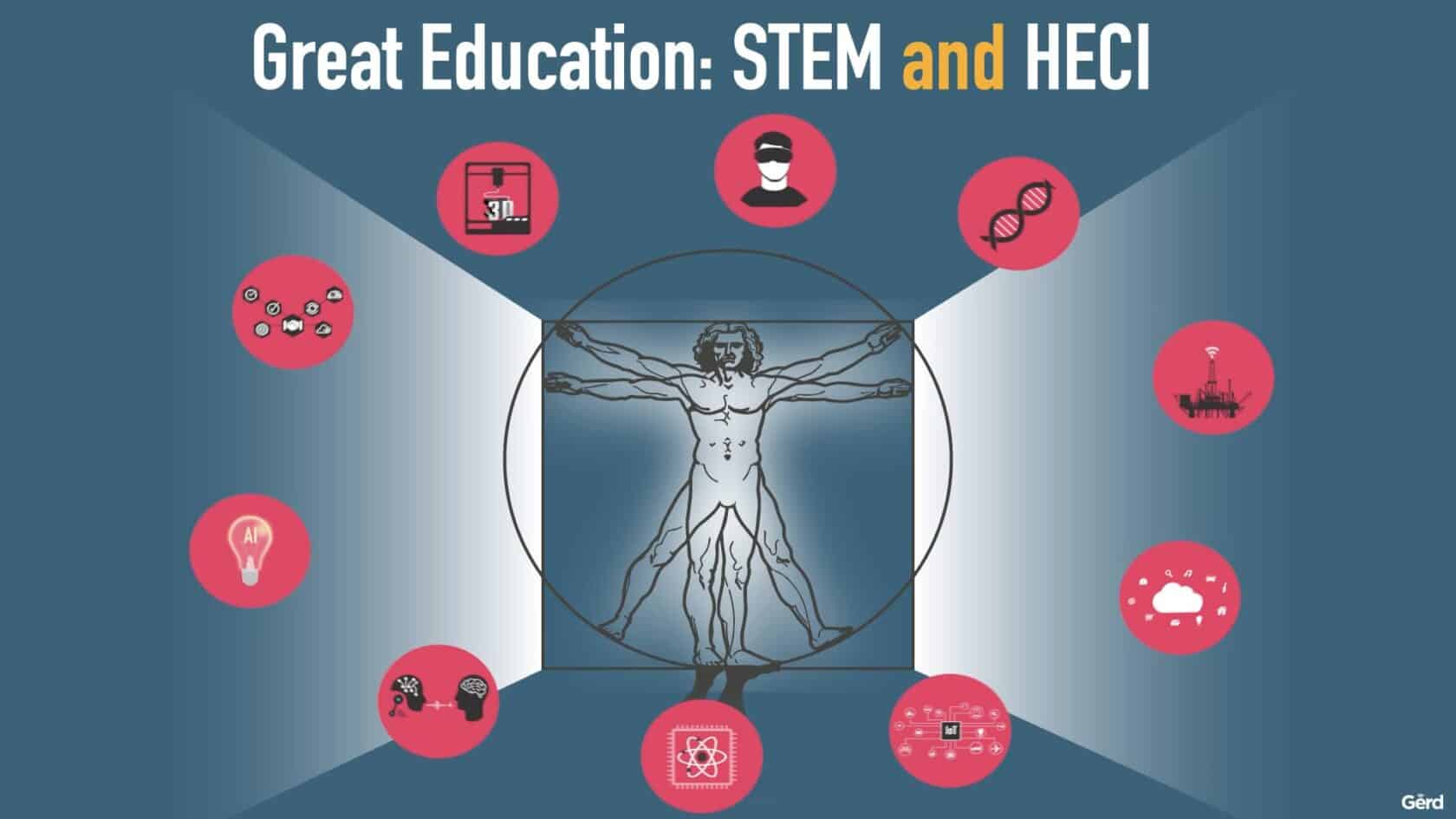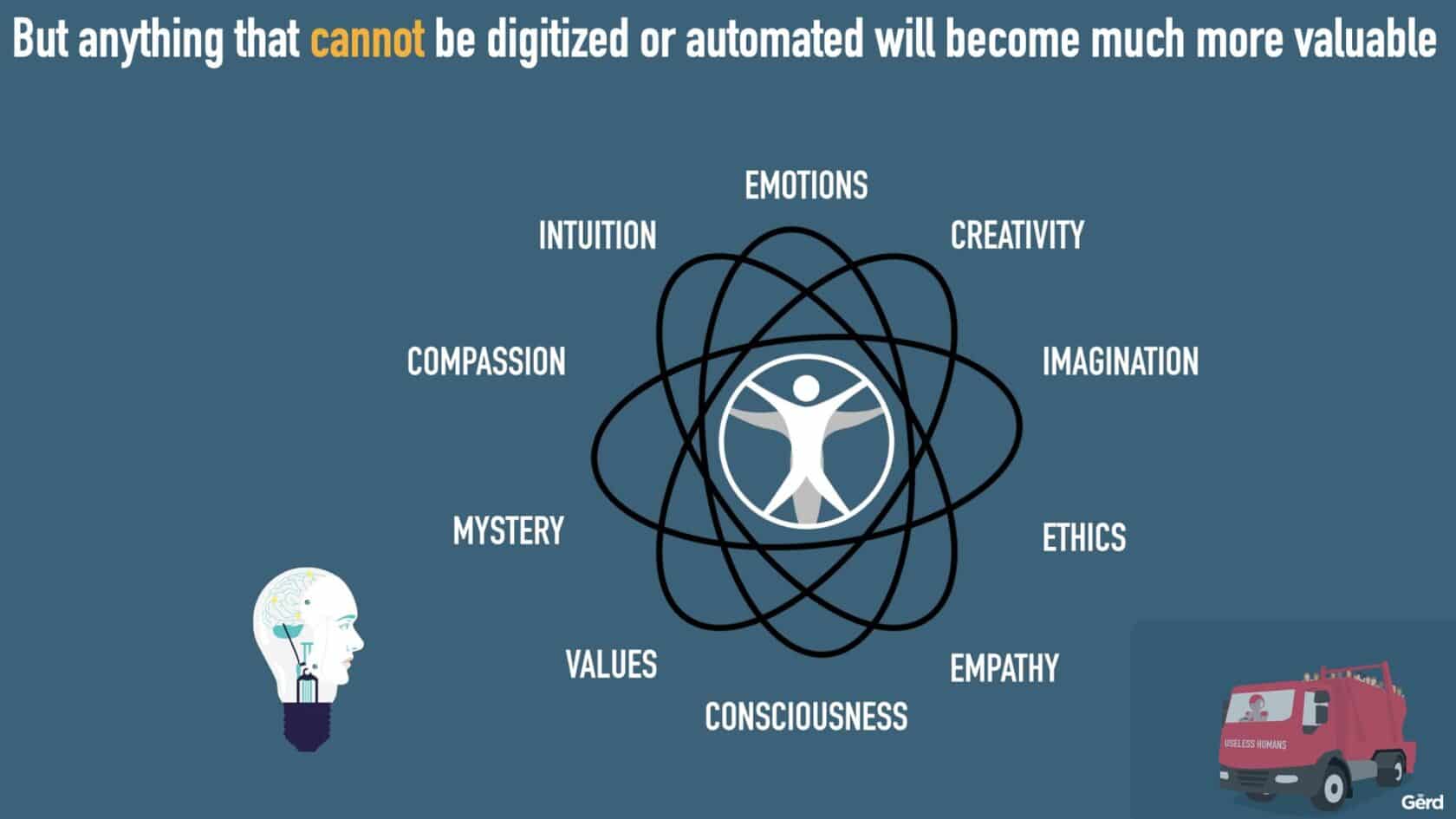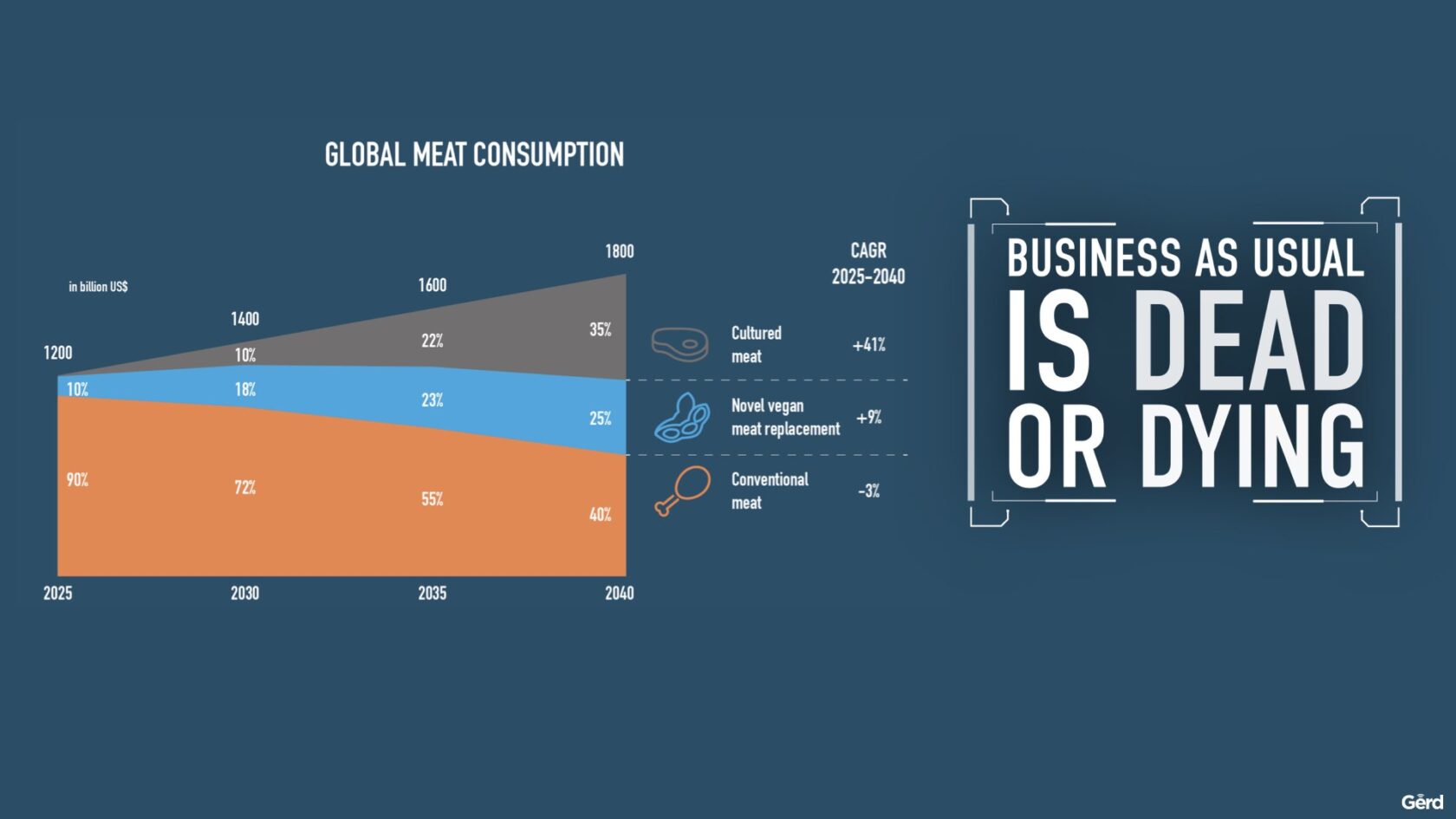via Niamh Ancel
2050: Transhumanism in Education 2050: Future Universities and 2050: Future students
Among many futurists and academics, I took part in three interviews. Here are the best snippets:
What makes us human
Futurists like Gerd Leonhard are skeptical about transhumanism and the far-reaching effects these modifications could have on society. “At a certain point, we have to decide what makes us human, what keeps us human, and what keeps us human is the limitation. We can't remember every piece of information, and why would we want to? Why do we need to remember all of these facts? We have machines for that. I can draw from the facts out there. I can use my imagination. Otherwise, we turn into machines. So, the answer is, if you want to be like a machine, you know, a superhuman God-like machine, you can probably engage with transhumanist modifications in the future. Is it a good idea? I doubt it.”
During our interview, Gerd mentioned an old Malavi saying: “Knowledge without wisdom is like water in the sand.” He attributes this to the idea of direct knowledge transference through technology to our brains as wisdomless intellect. “Learning through immersion, personalization, and context is how people learn best,” Gerd says. But what if computer-brain interfaces are the new immersive technology that can help people learn by immersing them in realistic scenarios like historical battlefields or the Amazon rainforest? Through this technology, we could be transported to inaccessible places without leaving our rooms.
Unfit for the future?
Futurist Gerd Leonhard says, “The education that we have today is ultimately unfit for the future,” meaning that higher education institutions lack the means to keep up with the changing times. Gerd Leonhard continued, “Education has to change dramatically because we're teaching our kids to remember things for later and essentially downloading information. And then later, when you get to work, you can pull out the information and use it. But that's not how the real world works anymore.” Essentially, education does not reflect the real-world challenges we face in today’s society. Professor Linas Petkevicius of Vilnius University and trend advisor Nell Watson expressed that education hasn’t changed in over 500 years. “Fundamentally, very little has changed; the blackboard is now a whiteboard, and learning is just 30 individuals in their seats with one person in front of them trying to teach them things.” What do we tend to do with things that are unfit for the future and don’t look to be adapting to change? We throw them out. It’s possible that universities could be eradicated forever, and we could plug into learning remotely. What’s the need for physical education when we can log into our classrooms via brain-computer interfaces? Artificial intelligence is changing how we do things, and it will undoubtedly impact where we learn. With remote learning available with minimal effort, more students will attend lectures and more learning will be done. What’s the harm in that?
2050: Future students: Our 2050 series has led us to insights from futurists and academics about the state of education in the near-distant future. We now want to explore what the average university student may look like. Will we be dealing with cyborg freshmen or an exclusive breed of students?
Laziness path and the End of student independence
Futurists such as Gerd Leonhard don’t believe technology could build a race of super-intelligent students. Instead, this technology may make us lazier than we have ever been before. Imagine this, “you can sit down with your VR glasses or artificial intelligence systems and say, ‘I need to know everything about finding water on Mars.’ This technology lets you learn all the facts in the videos and look at this information in every possible language. Fantastic.” Imagine, this technology could have even more capabilities. “Say you graduate, and you’re an American citizen working for a Chinese company or vice versa; you could have an instant translation device, which makes your work 100 times more efficient. On the other hand, the significant danger is that we may become lazy. We may become compliant.” So, how does this impact the student population of 2050? Well, imagine if we plug in and have one provider feeding us information instead of searching for the information ourselves. We may lose our ability to think independently, critically, or creatively, which may strip us of the very characteristics that make us human. Once stripped of our “humanness,” we may entirely depend on technology to function.
Gerd Leonhard explained that these up-and-coming technologies may be problematic as we may“stop being independent thinkers.” What if the new student is simply a robotic drone, fed information it cannot question? Instead of reaching ultimate intelligence, we could see a rise in mind control from governments, feeding their citizens false or biased information. Students may be targeted as they may be perceived as impressionable or easier to control. What if students are the new techno-hybrid soldiers of the future? Picture this: “When you can't get out of bed and think independently about what's next, you must connect to virtuality or the super brain. And that will be the end of human independence.”
